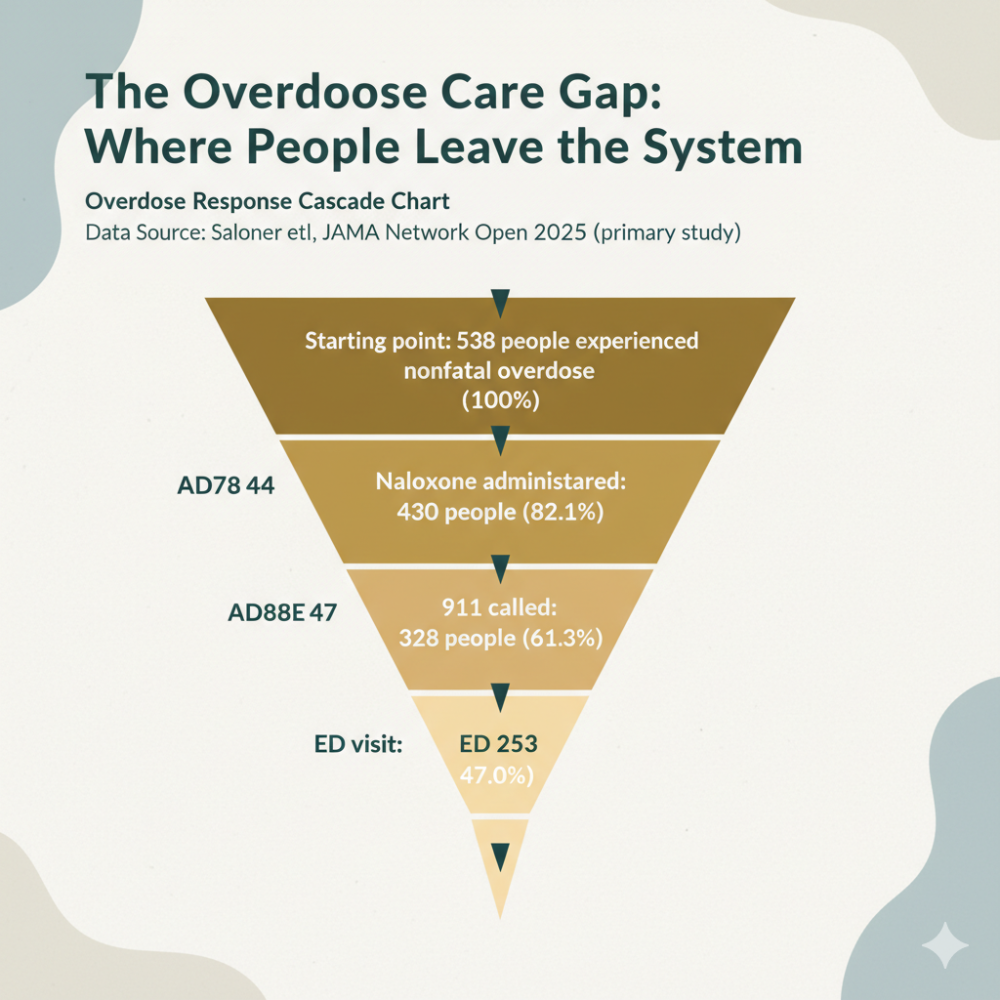In a recent interview, Dr. Sarah Wakeman, (see via PBS Youttube https://www.youtube.com/watch?v=EEm8KITet4o ) who runs the substance use disorder initiative at Massachusetts General Hospital, shed light on the often-overlooked role of medication in treating alcohol use disorder (AUD). This blog post summarizes the key points from that discussion.
Understanding Alcohol Use Disorder
Alcohol use disorder is defined as compulsively using alcohol despite problems in one’s life, relationships, work, or health. Since the onset of the COVID-19 pandemic, there has been a concerning increase in heavy drinking, AUD diagnoses, and alcohol-related mortality, particularly due to liver disease.
The Underutilization of Medication
Despite nearly 30 million Americans struggling with alcohol addiction, less than 5% report receiving any form of treatment. Even more striking, less than 2% of those who do seek treatment receive medication-assisted therapy. This is in stark contrast to how we approach other chronic conditions like diabetes or depression, where medication is often a key component of treatment.
Available Medications
There are three FDA-approved medications for treating AUD in the United States, with additional off-label options available. These medications generally work by:
1. Reducing the urge to drink
2. Diminishing the pleasurable feedback from drinking
Studies have shown these medications can help reduce heavy drinking days and improve the likelihood of achieving abstinence.
Barriers to Medication Use
Several factors contribute to the underutilization of medication for AUD:
1. Lack of awareness among patients and healthcare providers
2. Stigma surrounding addiction
3. Historical approach to addiction as a moral failing rather than a medical condition
4. Inadequate medical training in addiction treatment
Global Perspective
In Europe, medication for AUD is more commonly used. They even employ a method of using medication as needed to reduce heavy drinking in specific situations, such as social events or during stressful periods.
Emerging Treatments
Recent attention has focused on diabetes drugs like Ozempic, which have shown potential in reducing symptoms of AUD. While early studies and anecdotal evidence are promising, more clinical trials are needed to establish efficacy and safety for this use.
When to Seek Help
Dr. Wakeman advises seeking help if:
1. You’re worried about your alcohol use
2. Someone in your life is concerned about your drinking
3. You’re experiencing health-related consequences (liver problems, frequent hangovers, blackouts)
4. You’re having difficulty cutting back or making changes to your alcohol consumption
She also notes that low-risk drinking guidelines recommend no more than seven drinks per week for women and individuals over 65, and no more than 14 drinks per week for men under 65.
Conclusion
While medication for AUD remains underutilized, it represents a valuable tool in the treatment arsenal. As we continue to destigmatize addiction and integrate its treatment into mainstream healthcare, it’s crucial for individuals struggling with alcohol use to know that effective medication options exist and to feel empowered to discuss these with their healthcare providers.
Remember, seeking help early can lead to better outcomes. If you’re concerned about your alcohol use or that of a loved one, don’t hesitate to reach out to a healthcare professional.



